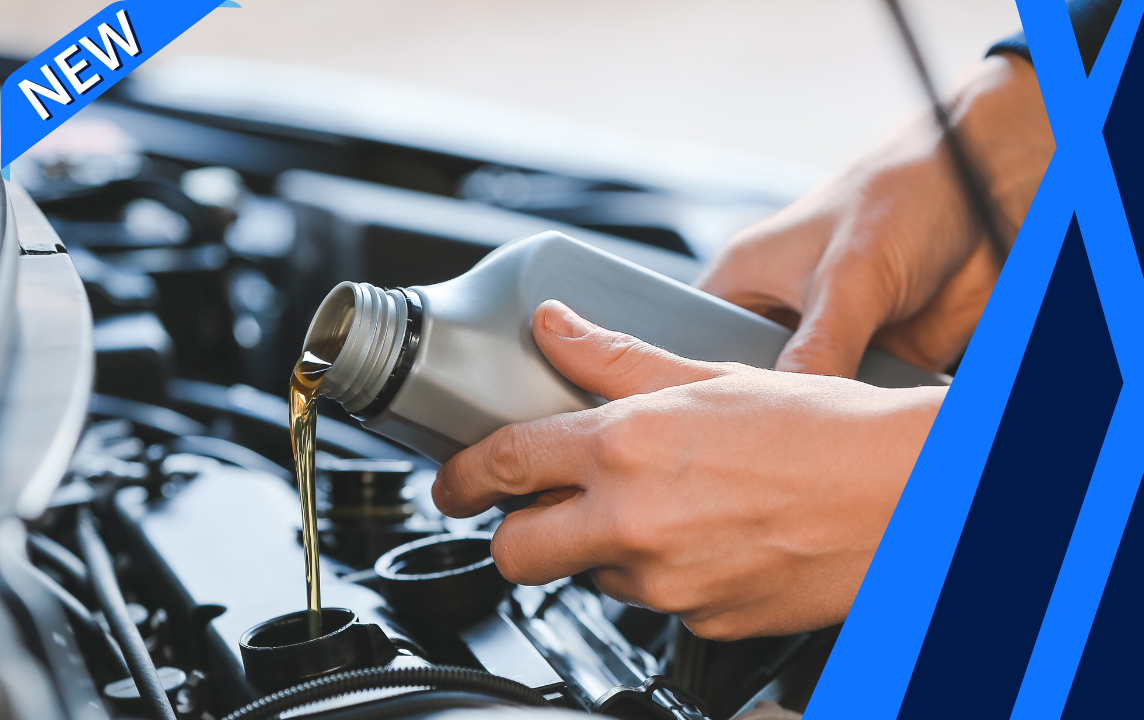Description
Car surges when air conditioning is on Inspection
How this system works:
First, understand that this problem isn’t tied to just one system – it’s a combination of different things. When your AC turns on, it puts a load on the engine (the engine is responsible for turning the compressor, which builds pressure in the system, allowing low-pressure, gaseous refrigerant to be turned into high-pressure liquid used in your cooling system.
When the engine is put under a load by the AC system, the car’s computer automatically compensates for that by adjusting the idle. However, carbon buildup within any part of the system, including the idle air control valve, throttle body, or even the EGR valve, can cause surging. As a result, the car’s computer essentially miscalculates the amount of power necessary. It ends up overshooting, leading to a surging engine.
Any problem with the AC system can also exacerbate this condition. For instance, if the system is low on refrigerant, the compressor will kick on more often, causing the surging to increase in frequency (if not in intensity).
Common reasons for this to happen:
Carbon Buildup: A number of engine components are subject to carbon buildup over time. This can place a significant load on the engine. When the additional load of your AC compressor is added, it causes the computer to miscalculate and increase idle speed too much. Common sources of carbon buildup include the IAC valve, the EGR valve, and the throttle body.
- Low Refrigerant in the AC System: If your AC system is low on refrigerant, it will increase the compressor cyclen more frequently, increasing the load on your engine.
- Failing AC Compressor: This can also add to the surging problem if your AC compressor is beginning to fail.
- Bad Belt: One often overlooked cause of a car surging with the AC on is a worn compressor belt. If the belt is stretched or worn smooth, it can slip during operation. This places significant strain on the engine and the AC system. Replacing the belt often eliminates the surge and ensures better AC operation.
- Bad AC Cycling Switch: The AC cycling switch controls the compressor cycling pattern. Over time, it can go wrong. When this happens, it will place a significant load on the engine and can lead to surging.
- Overfilled AC System: While low refrigerant can cause your AC and engine surging problems, an overfilled system can cause the same problem. Refrigerant must be “just right”, or you will experience several different problems.
What to expect:
Our professional mobile mechanic will come to your home or office to inspect the engine and the air conditioning system. The mechanic will then provide a detailed inspection report that includes the scope and cost of the necessary repairs.
How it’s done:
The mechanic will inspect the AC system, as well as the vehicle’s engine. A test drive may be necessary if the surging only occurs when the car is in drive. The mechanic will check the car’s refrigerant level and other possible causes, such as the AC cycling switch.
How important is this service?
If your engine is surging while the AC is on, it’s a sign that there’s something wrong. Driving without the air conditioner might solve it at least temporarily, but this is only a short-term fix. A professional mechanic must address the actual problem. One of our experienced mechanics can inspect and diagnose your problem and then provide a repair that ensures your engine runs smoothly and that your AC system works correctly.




